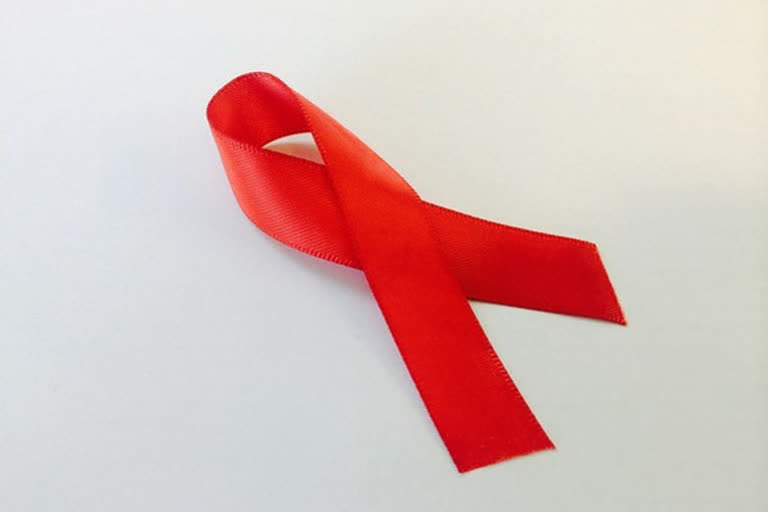New Delhi: People living with HIV might have more severe clinical complications than those who are HIV-negative, said a study compiled by the renowned global medical journal The Lancet. “Moreover, the Covid-19 pandemic has disrupted HIV prevention and treatment services worldwide, creating huge challenges to the continuity of essential activities. We have reviewed the most relevant features of Covid-19 in people living with HIV and highlighted topics where further research is required,” said the study.
The study assumes significance in the Indian context following the fact that HIV prevalence in India is about 0.22 per cent, with the total number of people living with HIV and AIDS estimated at 21.40 lakhs, constituting the third largest epidemic in the world. “It was initially thought that HIV infection was not a risk factor for Covid-19 or more severe disease, but more recent large studies suggest that people with HIV disease (particularly with low CD4 cell counts or untreated HIV infection) might have a more severe clinical course than normal individuals,” said Dr Tamorish Kole, president of the Asian Society of Emergency Medicine.
Read:|Health Ministry gives approval to use anti-HIV drugs to Covid-19 patient in severe case
A recent study by researchers at Pennsylvania State University found that people with HIV disease had a 24 per cent higher risk of Covid-19 infection and a 78 per cent higher risk of death than people without HIV. “In this month South Africa reported a case of a 36-year-old woman with advanced HIV disease and COVID-19 where she carried the virus for 216 days and more than 30 mutations,” Dr Kole said.
According to the estimates of the Johns Hopkins University tool, there are more than 110 million confirmed cases of Covid-19 to date, with the most affected countries being the USA, India, and Brazil, followed by several countries in Europe. The highest number of deaths has been reported in the USA, Brazil, and Mexico. Except for South Africa, the African continent has been affected less severely, although underdiagnosis and under-reporting cannot be excluded.
